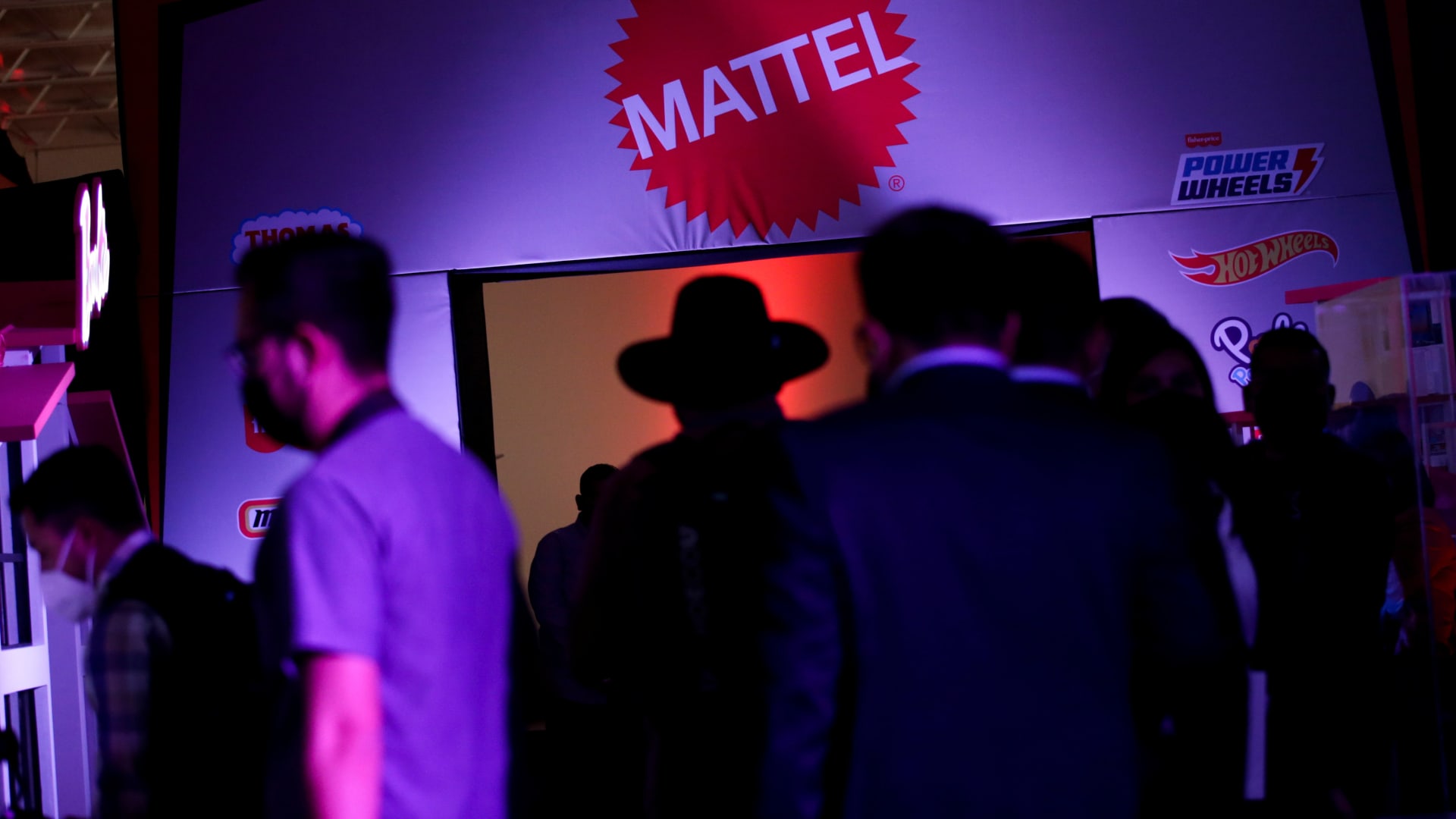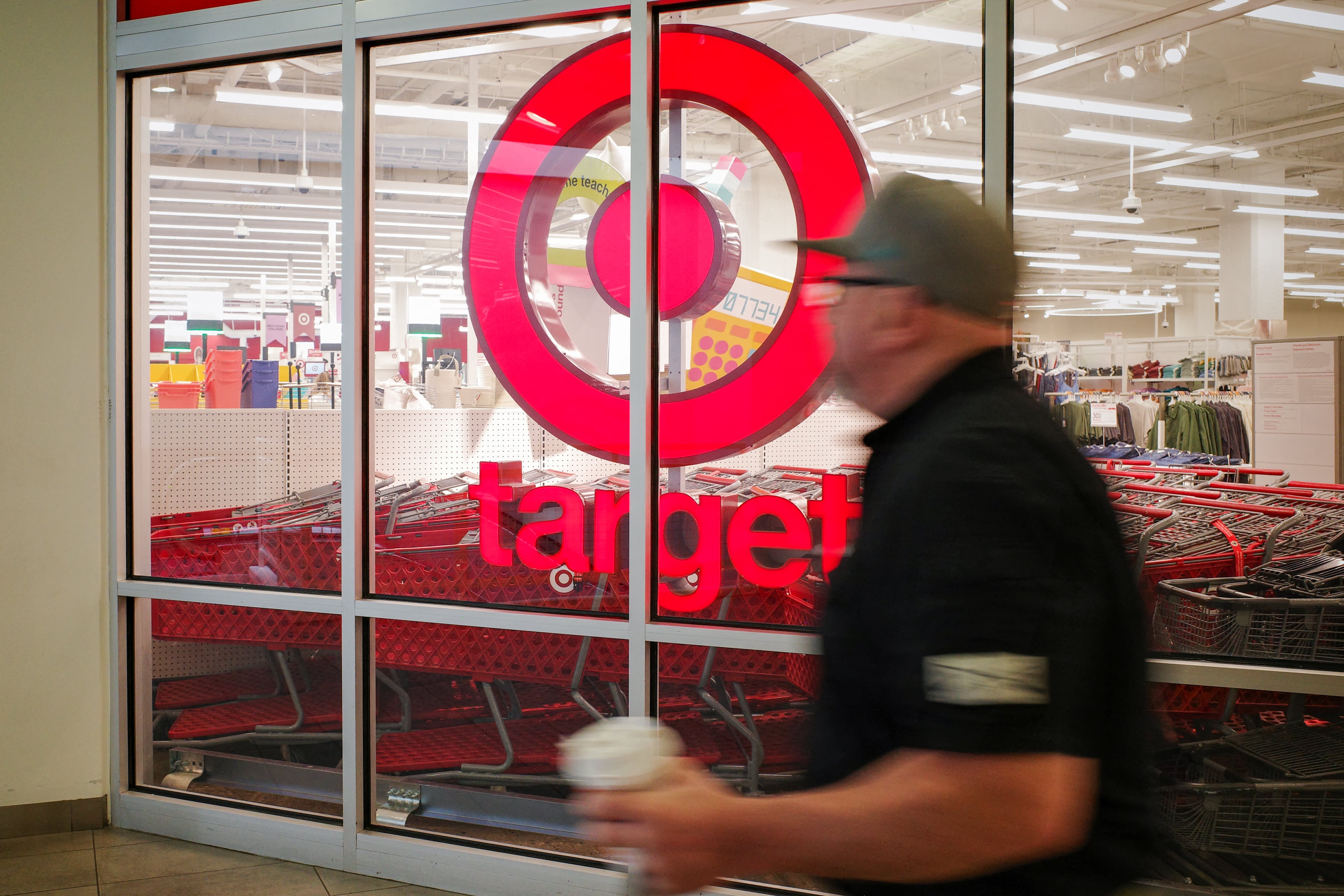Barbie-maker Mattel posted fourth-quarter results after market close on Wednesday that came in well below Wall Street’s expectations after holiday sales failed to offset slowing consumer demand.
Shares of the company fell more than 9% in premarket trading Thursday..
related investing news
CFO Anthony DiSilvestro attributed the low performance to fewer orders from retailers and higher costs to manage inventory.
The company had hoped that the “all-important holiday season” would be a potential buoy for sales as demand has slowed amid inflation.
“Our fourth quarter results were below our expectations, as the macro-economic environment was more challenging than anticipated,” CEO Ynon Kreiz said in the Wednesday earnings announcement.
Here’s how Mattel performed in the fourth quarter, compared with what Wall Street anticipated, based on an average of analysts’ estimates compiled by Refinitiv:
- Adjusted earnings per share: 18 cents vs. 29 cents expected
- Revenue: $1.40 billion vs. $1.68 billion expected
For the three months ended Dec. 31, the company reported net income of $16.1 million, or 5 cents per share, a plunge from $225.8 million, or 64 cents per share, a year earlier.
The toy manufacturing giant had been confident at the beginning of last year that it would continue to ride its pandemic momentum, driven by toy-buying parents trying to keep children at home entertained. It said it expected customers to be minimally fazed by price hikes as inflation and currency headwinds ramped up manufacturing costs.
But customers appeared to feel the squeeze as the company’s toys, like Barbie and Hot Wheels, become increasingly expensive, and the company’s fourth-quarter sales declined 22% year over year .
Mattel saw its North America segment decrease 26% during the period, weighed down by declining sales in its young children’s brands like Fisher-Price, dolls and action figures. International sales also fell, off 18%.
The company underperformed its own full-year earnings expectations, reporting 2022 earnings per share of $1.11. In October, the company cut its forecast to an expected range of $1.32 to $1.42.
As it enters its 2023 fiscal year, Mattel is projecting adjusted earnings per share for the full year of between $1.10 and $1.20. It anticipates continued sales declines in the first half of the year as retailers further reduce inventory levels.
The inflationary environment has put pressure on toy manufacturers industry-wide. Rival toy maker Hasbro cut 15% of its workforce in January and simultaneously warned of weak holiday performance. Hasbro went into the fiscal year markedly more conservative than Mattel as macro pressures mounted and it adjusted to a leadership change.
As consumer demand slows from its pandemic highs, Mattel has been working to diversify its revenue streams, using the intellectual property of its toy brands for non-manufacturing ventures.
Its “Barbie” movie starring Margot Robbie and Ryan Gosling is scheduled for a July 21 release. Mattel announced last April that J.J. Abrams’ production company Bad Robot would produce a Hot Wheels movie in partnership with Warner Bros. Discovery. The company has a dozen other feature films in the works for brands like Polly Pocket, Barney and more.
The project is a part of Kreiz’s larger strategy to use the “built-in fanbase” to transition Mattel from purely a toy manufacturer to a multi-segmented house of toy franchises.



